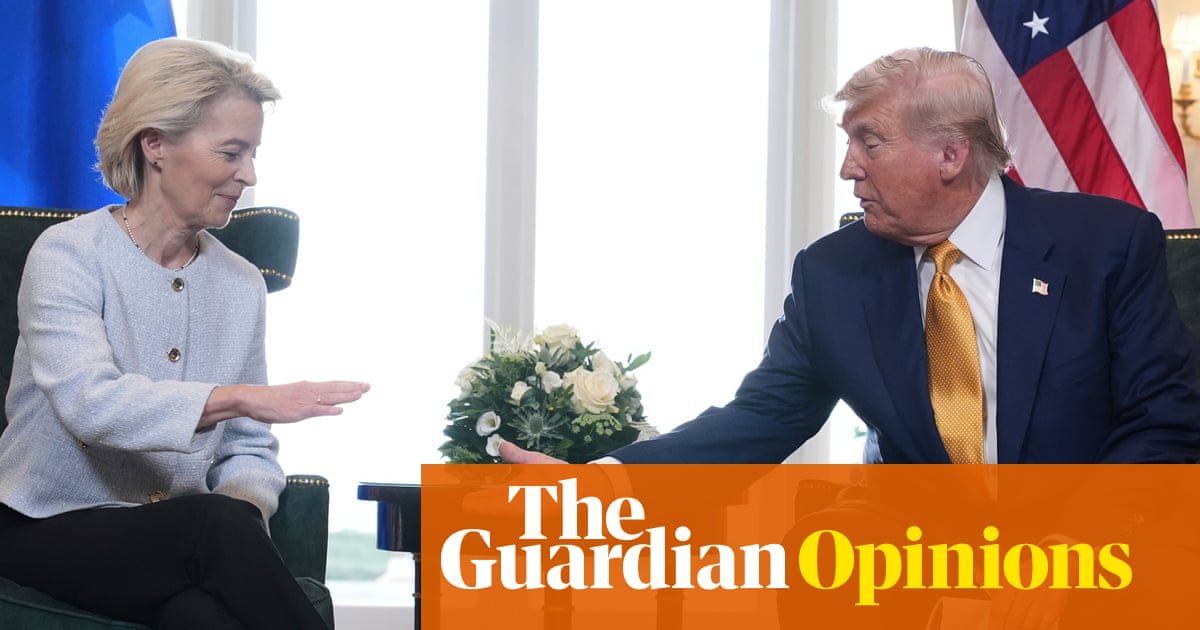
"Donald Trump's 1 August tariffs deadline generated market uncertainty, aimed to reassert US economic power, and kept Trump at the center of media attention."
"Last-minute trade agreements were struck, motivated by the desire for commercial order, but many were deemed unfair or irrational in trade terms."
"Trump's tariffs reflect more his political desire for clout rather than a strategy for economic strength, as illustrated by his approach to the EU and China."
"China's aggressive response to Trump's tariffs indicates a significant challenge to US trade policy, with retaliation and blocked sales of vital commodities increasing tensions."
Donald Trump's 1 August tariffs deadline was designed to keep markets and nations uncertain while reaffirming the US's economic strength. Some last-minute agreements emerged, primarily for commercial order, although many were considered unfair. Legal challenges to Trump's authority in trade policy arose. The unpredictability of future tariffs remains high, as Trump's motivations seem politically driven rather than economically rational. His interactions with the EU and China's retaliatory actions illustrate the complexities in current global trade relations and the challenges of enforcing compliance among major global economies.
Read at www.theguardian.com
Unable to calculate read time
Collection
[
|
...
]